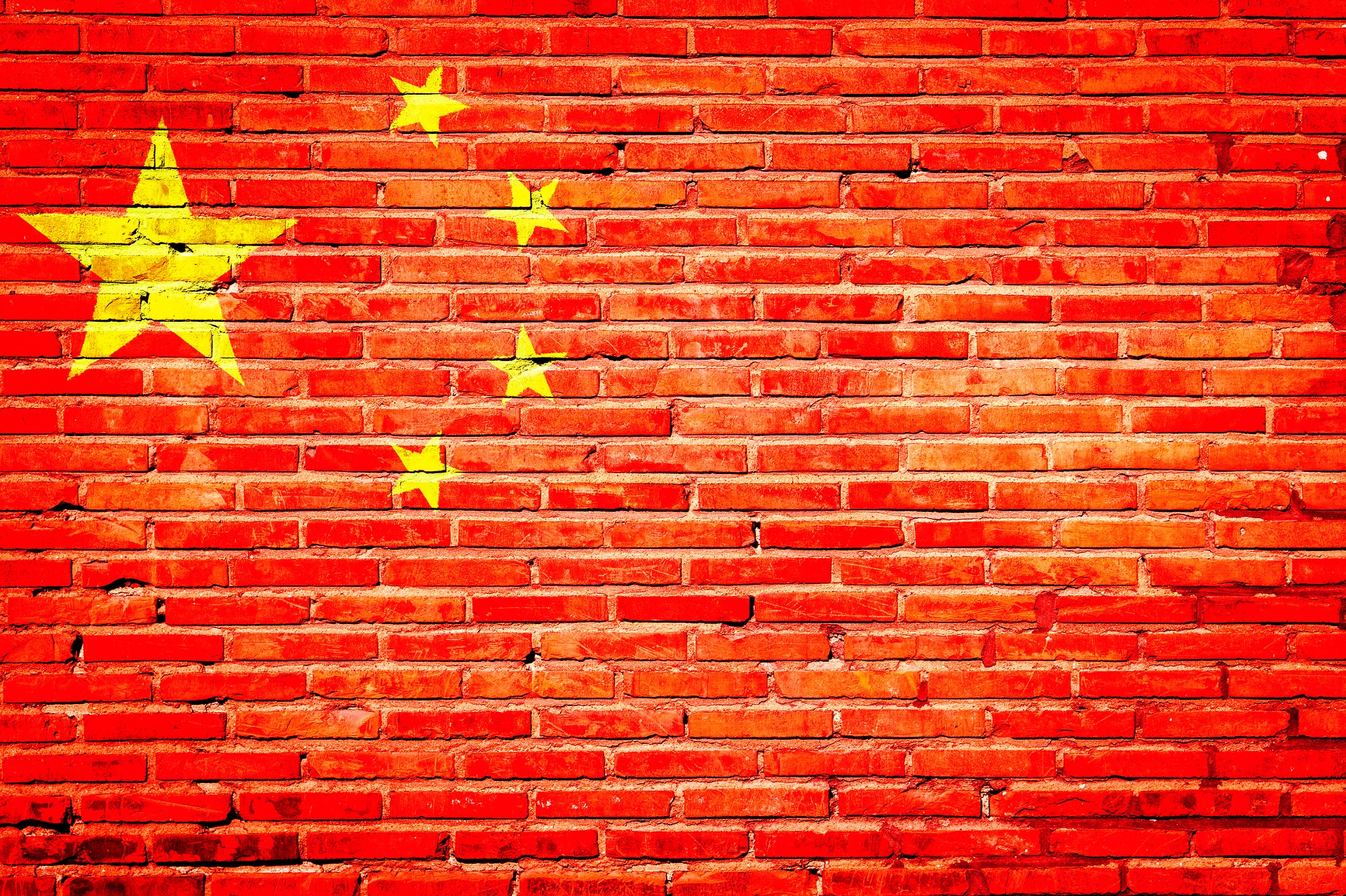Select US universities, such as Princeton and Harvard, allow Chinese students to use code names to shield their identities when discussing topics that the Chinese Communist Party (CCP) has labeled as controversial. It has become an avenue for universities to protect their foreign students from the CCP’s iron hand.
Some university classes have also chosen to display warning labels, explaining that the syllabus may contain material that is considered politically sensitive in China.
Rory Truex, who teaches Chinese politics at Princeton, explained to the Wall Street Journal that the Chinese teaching community did not want to self-censor.
“If we, as a Chinese teaching community, out of fear stop teaching things like Tiananmen or Xinjiang or whatever sensitive topic the Chinese government doesn’t want us talking about, if we cave, then we’ve lost,” he said.
Censoring Academic Freedom
The number of institutions that find it necessary to take new precautions on behalf of their exchange students is on the rise, as the CCP is now threatening academic freedom even beyond its borders.
Last November, a Chinese court sentenced a 20-year old national to six months in prison for tweets that he had posted while studying at the University of Minnesota.
One tweet featured Chinese slogans edited over pictures of Lawrence Limburger, a cartoon villain who according to some bear similarity to China’s President Xi Jinping. The account also shared pictures of Winnie the Pooh, a cartoon character that was censored in China after netizens used it to make unflattering comparisons to Xi.
弄了幾張墻內也能安心使用的limburger圖 pic.twitter.com/WhRBw1vq9G
— L'étranger1111 (@REQWWER111) October 18, 2018
有人把小米之家展示的手機桌面全換成這個,我快笑死😆 pic.twitter.com/M0bu1dmU32
— 即物哀觀 (@lunkertw) April 16, 2019
US officials and student groups alike are lobbying for universities to defend academic freedom in the face of CCP pressure, particularly through the Confucius Institutes set up by the Chinese Ministry of Education. While these institutes claim to be cultural centers, several right groups accuse the Confucius Institutes of restricting any criticism of the CCP and disseminating state-sponsored propaganda.
On August 13, the US Department of State designated the US headquarters of the Confucius Institutes as a foreign mission. This mandates that the group reports on its sources of funding, activities, and personnel.
It is hoped that this information will aid universities in mitigating the influence of the CCP on their campuses and help them take the necessary steps to protect students.
The US’ commitment to academic freedom has been always been a driver for students around the world to study at American universities. In 2019, the country accommodated almost 370,000 students from China, the highest number from any country.



